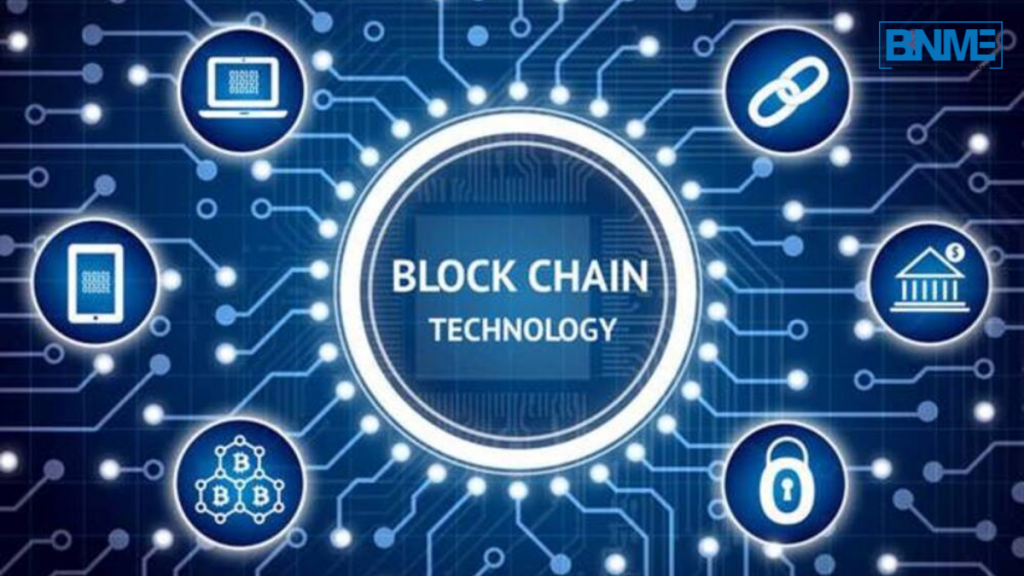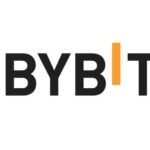Recently, Gulf nations have shown interest in blockchain implementation. Initially, it was prevalent in the banking and government sectors of KSA, UAE, and Bahrain. Before employing blockchain applications, Bahrain prioritized research into the technology’s legal implications and established appropriate regulatory structures. At the same time, the UAE and Saudi Arabia focused on learning more about blockchain technology projects. The Saudi government has shown excessive interest in blockchain implementation in government, finance, and business.
Saudi Arabia is one of the fastest-growing markets for blockchain technology, but can the country really dominate the sector? KSA is well aware of the immense potential of blockchain technology. Will it find acceptance in other fields? How blockchain applications are executed will determine the outcome.
Ongoing Operations And Emerging Trends In Blockchain Applications In The Gulf States
Blockchain’s decentralized structure means it will disrupt administrative processes, operations, and systems across a diverse range of industries in the GCC countries. Finance, the government framework, project planning, and legislation are just some areas that have seen changes in recent years in the region. In light of these trends, blockchain technology will likely play a significant role in the Gulf region’s governmental, industrial, and banking services during the next several years. Saudi Arabia has partnered with IBM and Elm to explore blockchain-based government and business solutions. The General Directorate of Traffic in Bahrain has recently introduced a revolutionary system for registering vehicles that uses blockchain technology.
IPv6 And Blockchain: A Formidable Force
Enabling end-to-end connectivity through IPv6 address space is vital to unleashing the full potential of a decentralized blockchain’s distributed ledger. IPv6 protocol and blockchain technology can work together to open up incredible new possibilities for the Internet. Once IPv6 becomes more widely used, the blockchain’s full potential will be realized. An open Metaverse, which facilitates identity management and large-scale data transactions, might be built if IPv6-based Internet security and payment systems are integrated into the network via BSV. Saudi Arabia can serve as a model for other countries if the Kingdom adopts IPv6 and BSV.
Blockchain Implementation For The Next Age Of Financial Technology
By enhancing data integrity and providing an auditable digital ledger, blockchain has the potential to revolutionize the financial technology industry by allowing for instant, inexpensive, and permanently recorded payments. Regular monetary operations can be transformed by blockchain implementation into fully transparent procedures based on safe and efficient transactions. If implemented correctly, a blockchain-based fintech ecosystem can alter the financial services industry radically. The old invoicing method is riddled with inefficiencies and security flaws. Due to blockchain-powered invoicing systems, businesses now have a mechanism to check that they are correctly handling invoices.




























